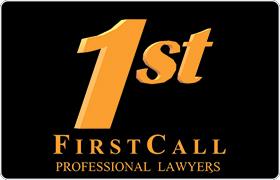Baldwin Park Felony Lawyer, California
Sponsored Law Firm
-
 x
x

Click For More Info:
-
First Call Legal Services Corporation
530 Hacienda Dr Unit 101B Vista, CA 92081» view mapCriminal Defense Effective. Versatile. Decisive.
Our vision is to build strong, trust-based client relationships from our first handshake. Every challenge is an opportunity. You need the RIGHT PEOPLE for the job you want done.
760-690-3999
FREE CONSULTATION
CONTACTDale Michael Rubin
White Collar Crime, Felony, Criminal, Contract
Status: In Good Standing Licensed: 48 Years
Ralph Stephen Greer
Felony, Civil Rights, Business Organization, Child Support, DUI-DWI
Status: Retired Licensed: 55 Years
Rebecca Elayache
Accident & Injury, Criminal, DUI-DWI, Personal Injury, Felony
Status: In Good Standing Licensed: 22 Years
FREE CONSULTATION
CONTACTAlex Meza Moisa
Family Law, Felony, Consumer Rights, Car Accident
Status: In Good Standing Licensed: 31 Years
 First Call Legal Services Vista, CA
First Call Legal Services Vista, CA Practice AreasExpertise
Practice AreasExpertise
